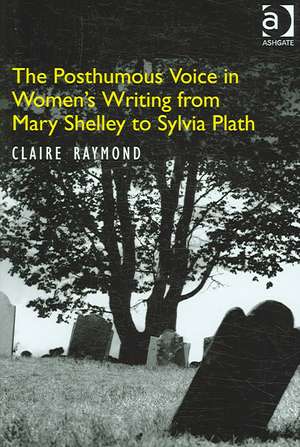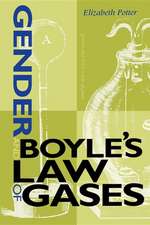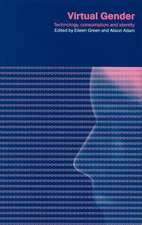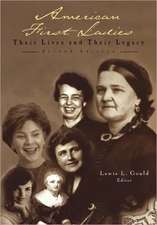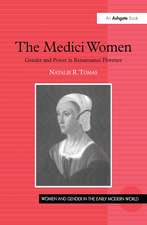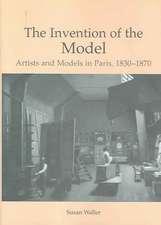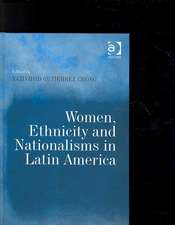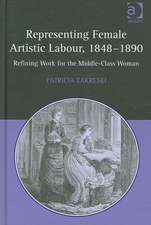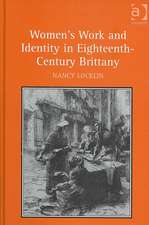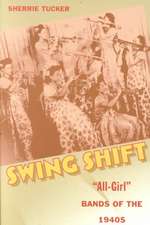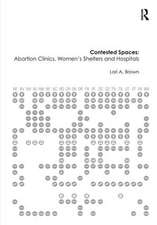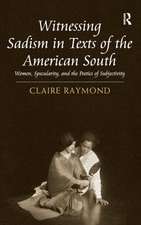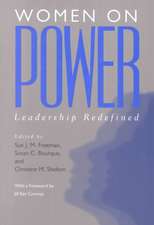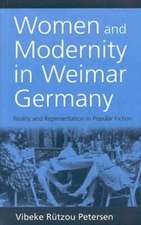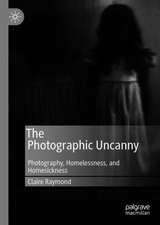The Posthumous Voice in Women's Writing from Mary Shelley to Sylvia Plath
Autor Claire Raymonden Limba Engleză Hardback – 28 iun 2006
Preț: 877.19 lei
Preț vechi: 1179.08 lei
-26% Nou
Puncte Express: 1316
Preț estimativ în valută:
167.85€ • 175.72$ • 138.88£
167.85€ • 175.72$ • 138.88£
Carte tipărită la comandă
Livrare economică 07-21 aprilie
Preluare comenzi: 021 569.72.76
Specificații
ISBN-13: 9780754655350
ISBN-10: 0754655350
Pagini: 272
Dimensiuni: 156 x 234 x 19 mm
Greutate: 0.54 kg
Ediția:1
Editura: Taylor & Francis
Colecția Routledge
Locul publicării:Oxford, United Kingdom
ISBN-10: 0754655350
Pagini: 272
Dimensiuni: 156 x 234 x 19 mm
Greutate: 0.54 kg
Ediția:1
Editura: Taylor & Francis
Colecția Routledge
Locul publicării:Oxford, United Kingdom
Cuprins
Contents: Introduction; Spectral gardens: pastoral tradition and feminine self-elegy; Lethe's shore: Mary Shelley's sacred horror; Eating eternally deeper: the posthumous voice in Wuthering Heights; Emily Dickinson as the unnamed, buried child; Rossetti's late suitors: the death lyrics and the speaking body; Hooks and ladders: Sylvia Plath's 'The Rabbit Catcher'; Conclusion; Bibliography; Index.
Recenzii
'[Claire Raymond] is capable of stating complex ideas with admirable clarity... Raymond is to be commended for her unusually complete index, which is a decided benefit to anyone wishing to track a particular strand of her argument.' Brontë Studies ’Raymond's book fills a significant gap in the study of 'feminine' elegy... provokes valuable questions concerning genre, subjectivity and, perhaps most importantly, the role of the literary audience.’ BARS Bulleting and Review
Notă biografică
Dr Claire Raymond is an Independent Scholar from the USA.
Descriere
This provocative book posits a new theory by which women's writing forefronts and hides the author's implied body within and behind the written work, ironizing the commonplace of the feminine body as a dead body. Raymond traces the use of the disembodied posthumous voice in works by Mary Shelley, Emily Brontë, Emily Dickinson, and Sylvia Plath, and contends that the elegy written in the voice of a dead speaker for herself articulates a crucial site of the woman writer's interaction with canonicity.
